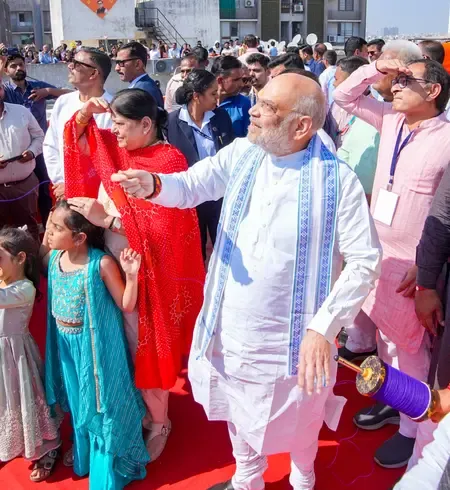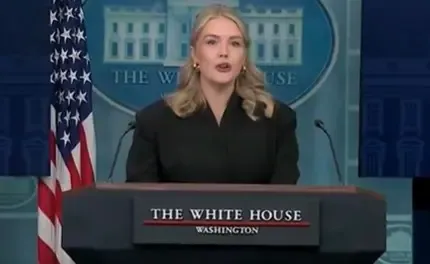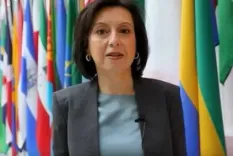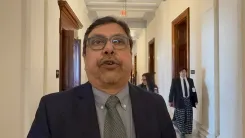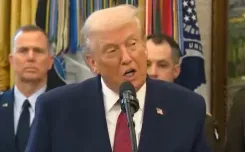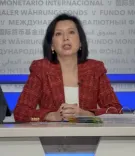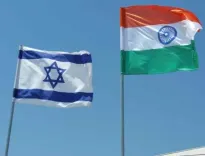What Will Counterterrorism and Trade Discussions Bring as Muttaqi Visits India?
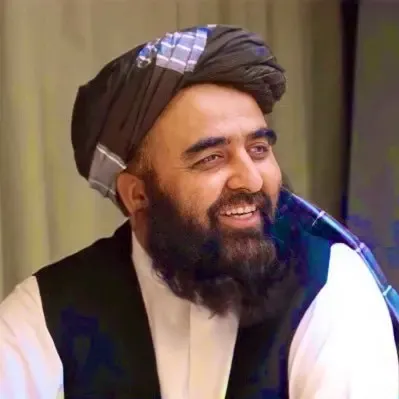
Synopsis
Key Takeaways
- Counterterrorism is a primary focus of the discussions between India and Afghanistan.
- The visit signifies improved diplomatic relations between the two nations.
- Trade enhancement and removal of barriers are critical agenda points.
- India is likely to increase scholarships for Afghan students.
- There will be discussions on healthcare cooperation and infrastructure development.
New Delhi, Oct 3 (NationPress) The trip by Afghan Foreign Minister Amir Khan Muttaqi signifies a pivotal moment in the relationship between India and the Taliban. This visit, happening from October 9 to 16, follows an exemption granted by the UN Security Council’s Taliban Sanctions Committee.
During his stay in New Delhi, Muttaqi is expected to engage in talks with India’s Foreign Minister, Dr. S. Jaishankar, and potentially meet National Security Advisor Ajit Doval.
This visit is seen as a significant diplomatic achievement as relations between the two nations have been tense for years.
A primary focus of the discussions will be counterterrorism, given the shared concern over Pakistan. The agenda will likely center around enhancing security cooperation to address common threats.
Afghanistan aims to address regional security issues and express its counterterrorism concerns. Trade discussions will also feature prominently, with both nations seeking to dismantle barriers to bilateral trade, which includes improving transportation, boosting cross-border commerce, and establishing new trade routes.
The topic of visa quotas will be addressed as well, benefiting medical travelers, students, and business professionals. India is anticipated to increase scholarship opportunities for Afghan students pursuing advanced studies in both professional and technical fields.
Cooperation in medical services and health missions will be another area of focus. Additional topics will encompass infrastructure development, water management, and electricity supply.
Another significant discussion point will be the enhancement of the Indian embassy in Kabul. Both parties are expected to agree on appointing fully accredited ambassadors and expanding their consular presence, fostering state-to-state interactions.
Originally, Muttaqi was slated to visit India in September, but the trip was stalled due to UN restrictions influenced by the US and Pakistan, which opposed his visit.
The committee's regulations stipulate that all decisions require unanimous consent, allowing any single objection to block proceedings. On the previous occasion, it was Pakistan that prevented Muttaqi’s trip to India.
Dr. Jaishankar revealed that he had a productive discussion with Muttaqi in May, appreciating the latter's condemnation of the Pahalgam terror attack.
This visit is part of a broader diplomatic strategy. Indian officials, including Foreign Secretary Vikram Misri and senior IFS officer J.P. Singh, have conducted multiple meetings over the past year with Muttaqi and other Taliban leaders in neutral locations like Dubai.
One of the primary motivations for India to maintain strong ties with Afghanistan is the regional geopolitical landscape and economic interests. While the Taliban was once considered a tool of Pakistan, dynamics shifted when they did not restrain the Tehreek-e-Taliban Pakistan (TTP).
Pakistan claims the Taliban supports the TTP, a statement the Taliban denies. Additionally, China has been engaging with the Taliban with an interest in resources, potentially jeopardizing India's standing in the Central Asian region, making these relations crucial.
Since the US troop withdrawal in 2021, Muttaqi has been serving as the Foreign Minister. He participated in a trilateral meeting with Chinese Foreign Minister Wang Yi and Pakistani Minister Ishaq Dar.
During that meeting, they agreed to extend the China-Pakistan Economic Corridor Project into Afghanistan. Given these factors, Muttaqi’s visit is vital for India, and stakeholders will be closely monitoring the engagements.


